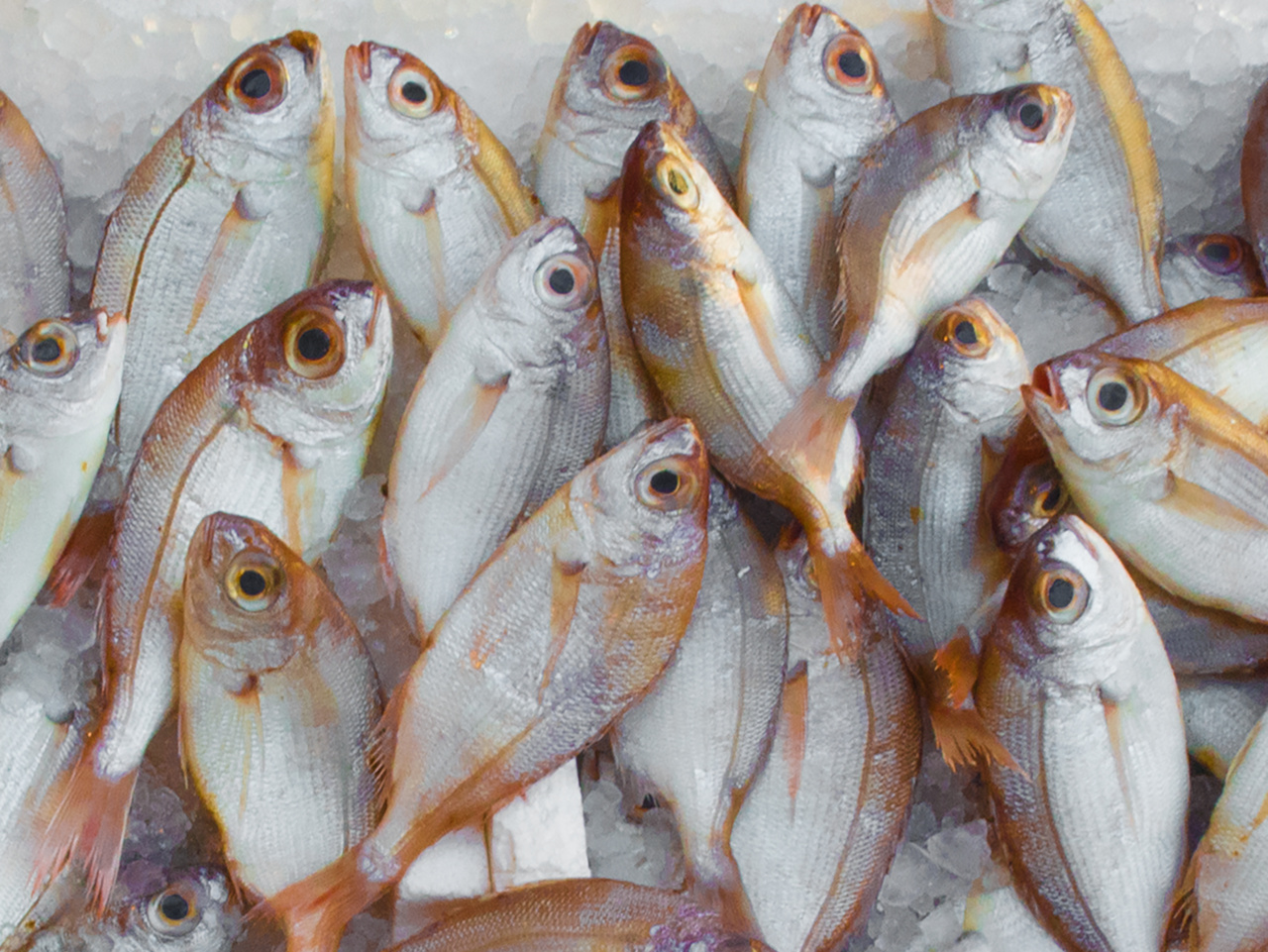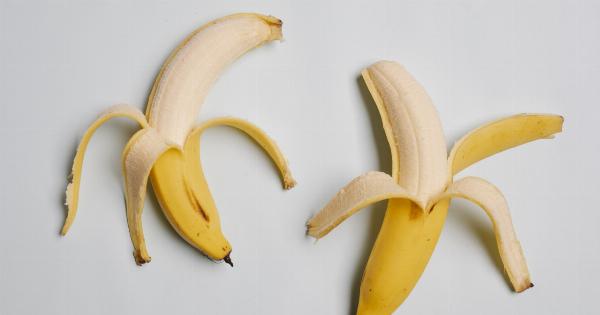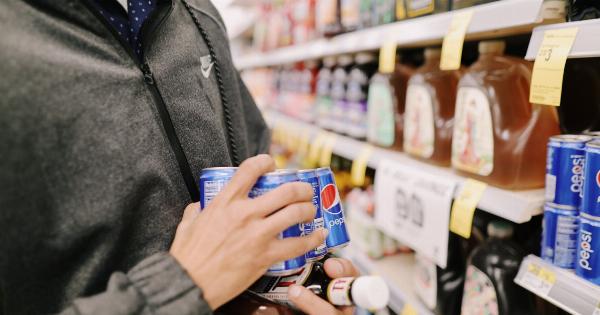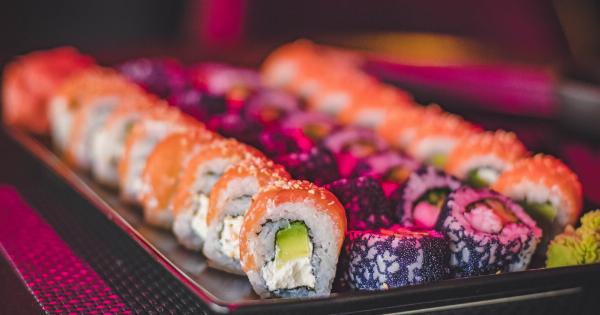During pregnancy, it is essential to pay close attention to the food you consume to ensure the health and well-being of both you and your baby.
Seafood is generally considered a nutritious and beneficial part of a balanced diet due to its high protein and omega-3 fatty acid content. However, certain types of seafood may contain potentially harmful substances, such as mercury and bacteria, that can pose risks to a developing fetus. Therefore, it is important to know which seafood should be avoided or limited during pregnancy.
In this article, we will discuss the seafood options that are off-limits to expectant mothers.
1. High Mercury Fish
Mercury is a naturally occurring element that can be found in various forms, including methylmercury, in the environment. It is toxic to the nervous system, particularly for developing babies.
Consequently, pregnant women are advised to avoid consuming fish with high mercury levels. These include:.
- Swordfish
- Shark
- King mackerel
- Tuna (especially bigeye tuna)
Excessive exposure to mercury during pregnancy can lead to developmental delays, brain and nervous system damage, and impaired cognitive functioning in children.
Instead, opt for low mercury alternatives to obtain the necessary nutrients without the associated risks.
2. Raw or Undercooked Seafood
Raw or undercooked seafood, including fish, shellfish, and sushi, should be avoided during pregnancy.
These products can harbor various harmful bacteria and parasites, such as Listeria, Salmonella, Vibrio, and Toxoplasma, which can cause foodborne illnesses. Pregnant women are more susceptible to these infections due to changes in their immune system during pregnancy.
Certain bacteria, like Listeria, can cross the placenta and infect the fetus, potentially leading to severe complications, including stillbirth, preterm labor, or life-threatening infections in the newborn.
Therefore, it is crucial to cook seafood thoroughly to kill any potential bacteria or parasites before consumption.
3. Raw Shellfish
Raw shellfish, such as oysters, clams, and mussels, should also be avoided during pregnancy. These shellfish can contain harmful bacteria and viruses, including Vibrio vulnificus and Norovirus, which can cause gastrointestinal infections.
Additionally, some shellfish are filter feeders, meaning they obtain their nutrients by filtering water, which increases the risk of contamination by harmful substances present in the environment.
It is important to note that cooked shellfish is safe to consume during pregnancy, as long as it is prepared thoroughly, eliminating any potential pathogens.
4. Refrigerated Smoked Seafood
Refrigerated smoked seafood, such as smoked salmon, trout, or mackerel, should be avoided during pregnancy. These products are prone to Listeria contamination, which can cause serious health issues for both the mother and the baby.
However, canned or shelf-stable smoked seafood is safe to consume during pregnancy, as it undergoes a different processing method that kills any potential bacteria.
5. Large Fish With Long Lifespans
In general, large fish that have long lifespans tend to accumulate higher levels of mercury in their bodies. Therefore, it is advisable to limit the consumption of certain large fish during pregnancy. These fish include:.
- Grouper
- Marlin
- Tilefish
- Orange roughy
Although these fish contain important nutrients, the risks associated with their high mercury content outweigh the benefits during pregnancy.
6. Raw Seafood Salad
Raw seafood salads, commonly made with ingredients like raw fish, shellfish, and other seafood, should be avoided during pregnancy.
The main concern is the potential presence of harmful bacteria, parasites, or viruses that can lead to foodborne illnesses.
This also includes dishes like ceviche and tartare. To ensure the safety of your meals, opt for cooked or pasteurized seafood alternatives when consuming salads or other seafood preparations.
7. Unpasteurized Seafood Products
Unpasteurized seafood products, such as certain types of fish roe and caviar, can carry harmful bacteria or viruses that might pose a risk to the developing fetus.
The processing and pasteurization of seafood products help eliminate these potential pathogens, making them safe for consumption during pregnancy.
8. Excessively Salty Seafood
Seafood preserved with excessive amounts of salt, such as salted fish or dried seafood, should be consumed in moderation during pregnancy.
High sodium intake during pregnancy can contribute to fluid retention, increased blood pressure, and other adverse effects.
Opt for fresher seafood options and avoid excessive salt preservation methods to maintain a balanced sodium intake during pregnancy.
9. Farmed Seafood with Unknown Origins
When consuming farmed seafood during pregnancy, it is essential to ensure that the source and practices of the farm are reputable. Low-quality farming conditions may lead to contamination or the use of harmful substances.
Choose farmed seafood that is labeled and sourced from reputable aquaculture facilities to minimize potential risks.
10. Unreliable or Unregulated Raw Seafood
Lastly, it is crucial to exercise caution when consuming raw seafood from unreliable or unregulated sources. This includes seafood from unknown suppliers, street vendors, or uncertified fish markets.
The risks associated with consuming raw or improperly handled seafood increase significantly in these situations.
Always ensure that the seafood you consume is from reliable sources and has undergone proper handling and processing to reduce the risk of foodborne illnesses.


























